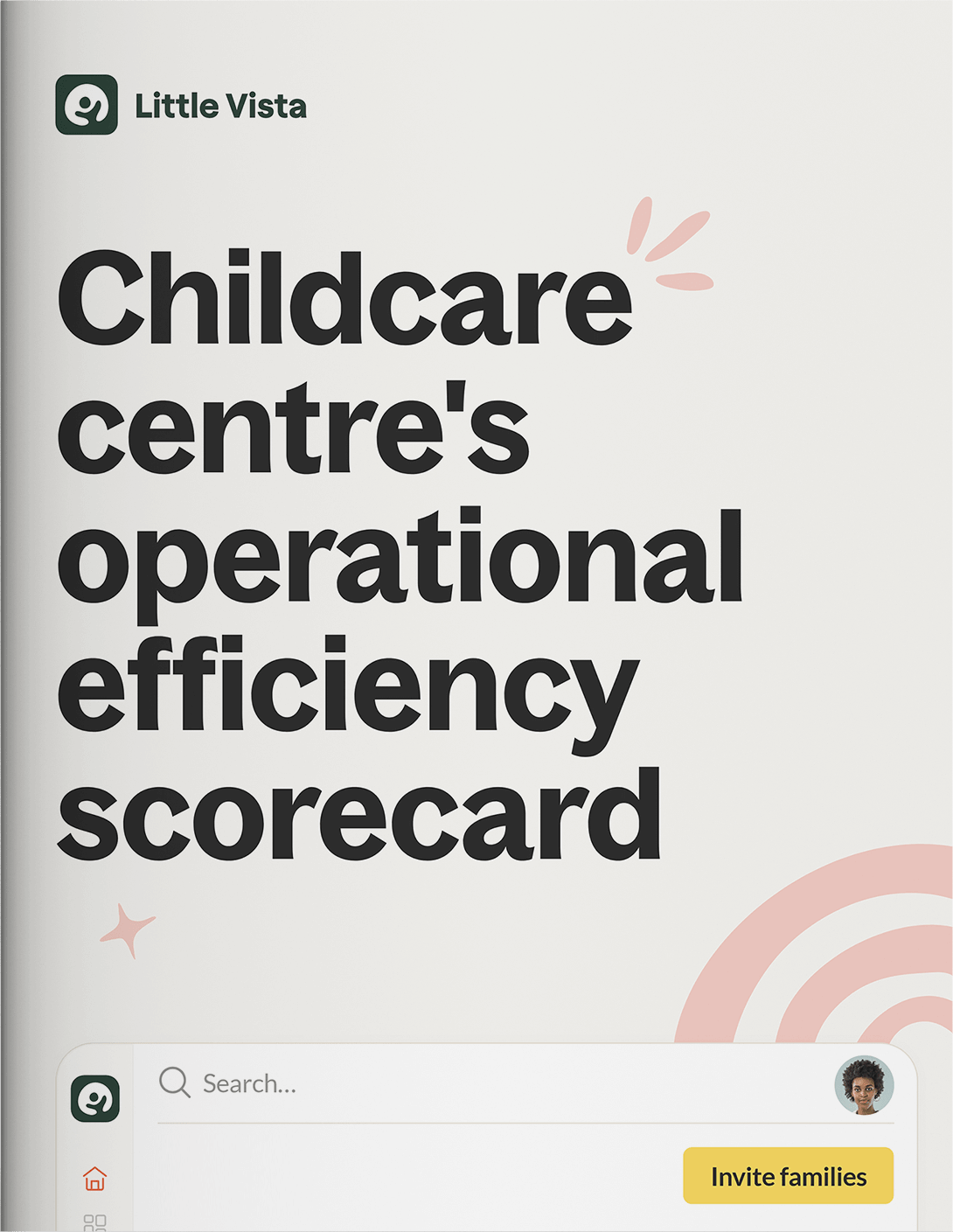
How to Deal with Late Payers as a Childcare Centre in Ireland

Childcare centres in Ireland provide essential support to working parents, offering a safe and nurturing environment for their children. But, with childcare providers under immense pressure to deliver additional services and manage their facilities amid a cost-of-living crisis, financial stability is more critical than ever.
Unfortunately, parents are facing the same financial concerns and feeling the pressure, too. In times like these, childcare costs can fall down the list of priorities, leading to late payments, and as a result, cash flow problems for childcare providers like you.
But what can you do about it? We’re here to tackle the subject of late payments and give you some practical tips on how to effectively manage fee payments and parent-provider or parent-teacher communication.
With clear communication, transparent policies, and more streamlined payment methods, you can ensure that every child’s educational experience remains unaffected by money worries.
The impact of the cost-of-living crisis
Before we dive into how to manage late payers more effectively, let’s look at why Irish parents are struggling so much.
As mentioned, Ireland and Northern Ireland are currently dealing with a cost-of-living crisis, affecting families across the nation. For parents, meeting the financial demands of childcare has become increasingly difficult, and subsidies and grants are now a necessity for more families than ever.
We’re all feeling the weight of the financial crisis. For an empathetic approach, here are some key points to keep in mind when addressing late fee payments with the parents you work with:
- Rising expenses: With the cost of living in Ireland on the rise, parents are currently faced with higher costs of rent, utilities, and other essential expenses. Childcare fees can add a significant burden to a family’s already tight budget.
- Childcare as a necessity: For many working parents, childcare isn’t a luxury – it’s a necessity. They rely on childcare centres like yours to provide a safe and enriching environment for their children.
- Financial stress: Late payments or unexpected childcare costs can lead to financial stress, impacting not only parents and childcare providers but also the children involved.
- Multiple children: Families with more than one child in need of childcare services are under additional financial pressure. Balancing the expenses for each child’s costs can be quite overwhelming, making timely payments more difficult.
- Education expenses: As part of the broader cost-of-living crisis, the expenses related to children’s education – including tuition, extracurricular activities, school events, and educational resources – have also surged. Parents often struggle to allocate funds throughout the school year without facing financial strain.
Tip: As part of Budget 2024, the Irish government has announced €67 million in funding for free schoolbooks and classroom resources for Junior Cycle students. While this doesn’t directly impact early years educators, it’s useful for providers to be aware of incoming support for struggling parents.
Fee collection: The importance of clear communication
Transparent expectations and open communication between parents and childcare providers have always been key. But, with additional pressure on both sides, it’s never been more critical to keep everyone on the same page.
From the outset, parents should have a clear understanding of what to expect, especially when it comes to childcare costs. This not only helps build trust and keep your partnership strong, but it also helps ensure that any unexpected issues are dealt with in a fair and respectful manner.
To promote more effective parent-teacher communication and keep everyone on the same wavelength, focus on:
- Transparent fee structure: Provide parents with a detailed fee structure that outlines all costs associated with childcare and make this information available during an introductory phone call, email, or in-person visit. Particularly for sessional services and other planned programmes, it’s vital that parents understand the exact costs associated with your services.
- Payment policies: Clearly outline your payment policies, including due dates, late fees, and consequences for missed payments. This ensures that parents are aware of your expectations from the beginning.
- Financial discussions: If possible, encourage parents to be open about their financial situation and concerns with you. By understanding their circumstances, you can work together to find solutions that suit all involved.
- Cost outlines: A child’s education shouldn’t be compromised due to payment issues. But, parents must understand that childcare centres have their own overheads and financial obligations to meet. A better grasp of what their childcare costs cover can highlight the importance of timely payments.
Tips for navigating awkward financial conversations
Awkward situations like late payments can strain the relationship between childcare centres and parents. That said, avoiding these conversations completely can also lead to serious issues for childcare providers later on.
Here are some tips to effectively navigate these situations:
- Respectful reminder: If a payment is late, send a polite reminder via text, email, or through childcare management software to parents, acknowledging that oversights can happen. If you or your team handles this conversation over the phone, ensure that your tone is firm but not confrontational.
- Support schemes: Educating yourself about the type of subsidies and financial support available to parents can make a big difference when it comes to reducing late payments. For example, schemes such as the National Childcare Scheme (NCS) provide assistance to eligible parents, with subsidies usually paid directly to childcare providers.
- Two-way communication: Encourage parents to communicate with you if they foresee any payment difficulties on the horizon. For example, if a parent receives bad news about their job, it’s better to know about it as soon as possible so you have time to explore alternative payment plans or subsidies.
- Late fee policies: Clearly communicate your late fee policies. Ensure parents understand the financial impact of late payments and the consequences for continuous non-payment. Again, emphasise that childcare providers have overheads to contend with.
- Consistency: While allowances can be made in certain circumstances, it’s vital that every child’s learning and childcare experience is fair. That’s why it’s so important to be consistent in applying your payment policies to all parents.
Tip: If parents are having issues registering their child on the NCS scheme, a ‘Parent Support Centre’ is open Monday to Friday through their website.
How Little Vista’s ‘EasyFees’ can streamline your payment process
Late payments can pose significant challenges for both childcare centres and parents. By prioritising clear communication, understanding the impact of the cost-of-living crisis, and implementing effective payment policies, you can work together with parents to ensure every child receives quality education and care.
Wondering where to start? Little Vista can help!
Our ‘EasyFees’ feature is the perfect solution for streamlining the payment process and helping you avoid awkward payment situations with the parents you work with. With the ability to send automatic invoices and manage cash and direct debit payments, Little Vista’s ‘EasyFees’ feature enables you to maintain financial stability, while continuing to provide exceptional services.
With more general features that also promote parental involvement and reduce paperwork for childcare facilities, let’s make childcare more accessible and manageable for families in Ireland and Northern Ireland.
To learn more about our services and how our solution can support your childcare centre, contact Little Vista today or book a FREE demo.



